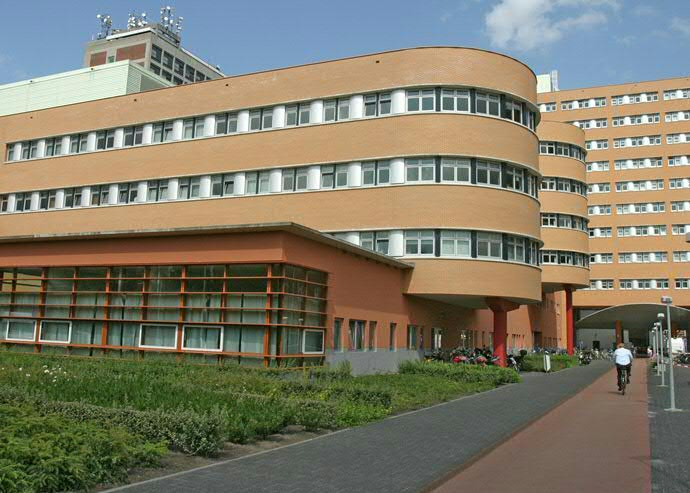Antistof kan werking nieuwe bloedverdunners ‘uitzetten’

Een antistof kan de werking van nieuwe bloedverdunners tijdelijk uitzetten. Dat betekent dat voor het eerst een belangrijk nadeel van nieuwe antistollingsmiddelen kan worden tegengegaan. Dit blijkt uit een internationale studie, waarbij internist Pieter Willem Kamphuisen van het UMCG in de stuurgroep zit. De resultaten van deze studie zijn dit weekend gepubliceerd in het gezaghebbende New England Journal of Medicine. Kamphuisen spreekt van een doorbraak voor het gebruik van deze nieuwe bloedverdunners.
NOAC’s is de verzamelnaam van een nieuwe generatie bloedverdunners. Deze zijn sinds enige jaren op de markt. Voordeel van deze middelen is dat regelmatig bloed laten prikken door de trombosedienst niet meer nodig is. Een belangrijk nadeel van de NOAC’s is dat de werking niet kan worden ui gezet. Dit nadeel blijkt vooral als een patiënt een plotse bloeding heeft of als hij of zij plotseling een operatie moet ondergaan.
Tijdelijk stopzetten mogelijk
Voor het eerst is nu aangetoond dat de werking van dabigatran, de meest gebruikte van de nieuwe bloedverdunners, wel tijdelijk kan worden gestopt. Dit blijkt uit een internationaal onderzoek onder wereldwijd 90 patiënten; zij gebruiken het middel en hadden allen onverwacht een operatie. Volgens Kamphuisen was dit de echte test naar de werking van de antistof: “De antistof blijkt snel te werken en er zijn geen andere nadelige effecten geweest als extra bloedstolling of trombose”.
Vervolgstudie
Noodzakelijk vervolgonderzoek bestaat er uit dat de antistof nog eens op ongeveer driehonderd patiënten getest wordt. Doordat Kamphuisen in de stuurgroep van de studie zit, zal een deel van deze wereldwijde studie ook in het UMCG gebeuren. Deze vervolgstudie zal geruime tijd in beslag nemen, omdat het volgens Kamphuisen niet te voorspellen is wanneer er zich een geschikte patiënt aandient. Kamphuisen is op dit moment op een congres in Toronto, waar de uitkomsten van de studie worden gepresenteerd.
In Nederland gebruiken ongeveer 400.000 mensen bloedverdunners. Zij worden vooral gebruikt door patiënten met hartritmestoornissen, trombose of een kunsthartklep. Zij moeten deze in principe de rest van hun leven blijven gebruiken.
Noot voor de pers
Contact: via persvoorlichting UMCG, tel. (050) 361 22 00
Meer nieuws
-
26 februari 2026
Vici-beurs voor hoogleraar Neurobiologie Marieke Wermer
-
17 november 2025
Kunstmatige intelligentie in de zorg
-
04 november 2025
AI-Fabriek in Groningen zorgt voor digitale soevereiniteit
